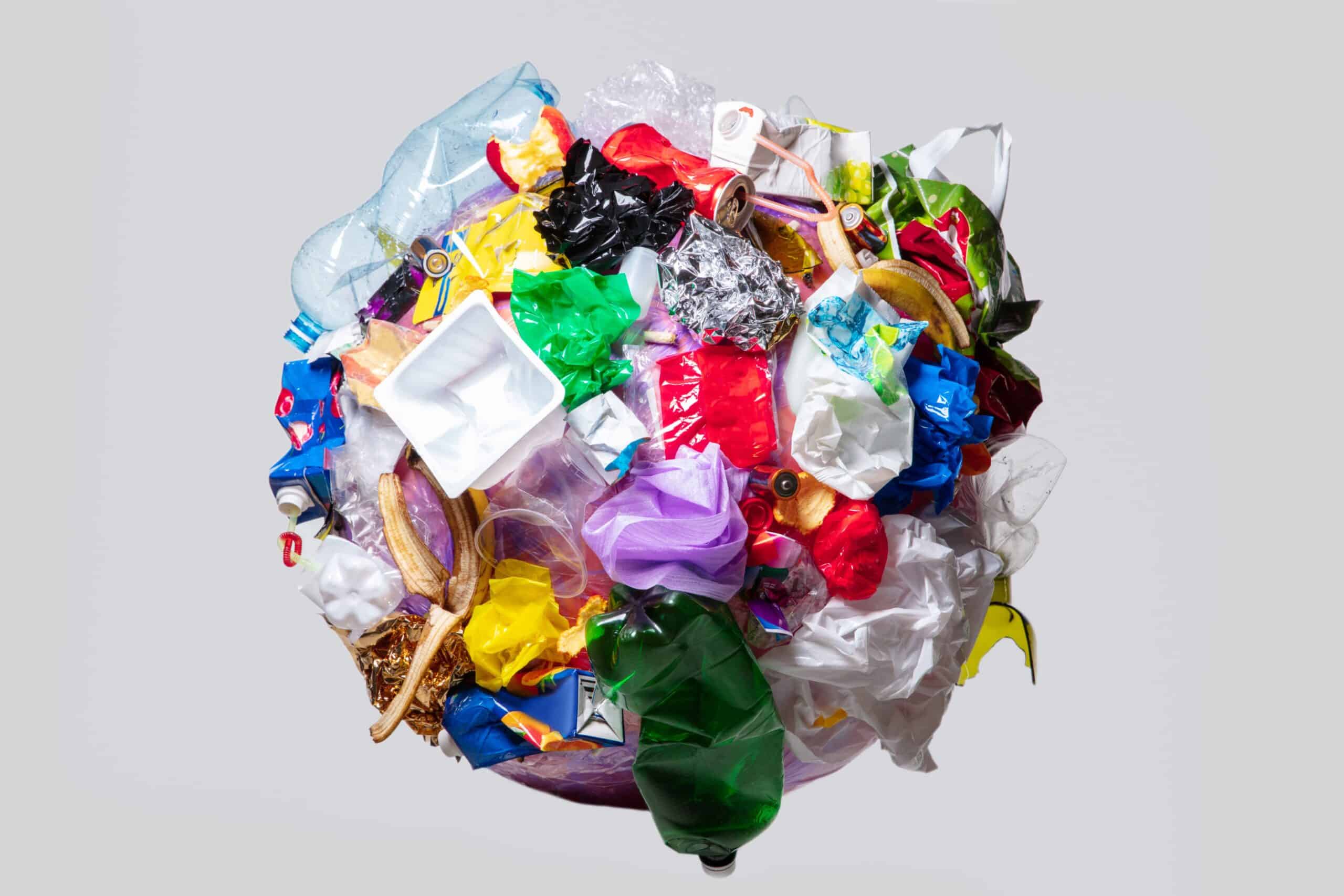Most studies have focused on the impact of maternal EDC exposure on the offspring’s health. The current study, published in the journal Environment International, focused on the effects of paternal EDC exposure.
Led by Changcheng Zhou, a professor of biomedical sciences in the School of Medicine, the researchers investigated the impact of paternal exposure to a phthalate called dicyclohexyl phthalate, or DCHP, on the metabolic health of first-generation (F1) and second-generation (F2) offspring in mice. Phthalates are chemicals used to make plastics more durable.
The researchers found that paternal DCHP exposure for four weeks led to high insulin resistance and impaired insulin signaling in F1 offspring. The same effect, but weaker, was seen in F2 offspring.
“We found paternal exposure to endocrine disrupting phthalates may have intergenerational and transgenerational adverse effects on the metabolic health of their offspring,” Zhou said. “To the best of our knowledge, our study is the first to demonstrate this.”
In the case of paternal exposure in the study, intergenerational effects are changes that occur due to direct exposure to a stressor, such as exposure to DCHP of fathers (F0 generation) and his developing sperm (F1 generation). Transgenerational effects are changes passed down to offspring that are not directly exposed to the stressor (for example, F2 generation).
Zhou’s team focused on sperm, specifically, its small-RNA molecules that are responsible for passing information down generations. The researchers used “PANDORA-seq method,” an innovative method that showed DCHP exposure can lead to small-RNA changes in sperm. These changes are undetected by traditional RNA-sequencing methods, which lack the comprehensive overview of the small-RNA profile that PANDORA-seq provides.
The study used only F1 males to breed with unexposed female mice to generate F2 offspring. The team found that paternal DCHP exposure induced metabolic disorders, such as impaired glucose tolerance, in both male and female F1 offspring, but these disorders were seen only in female F2 offspring. The study did not examine F3 offspring.
“This suggests that paternal DCHP exposure can lead to sex-specific transgenerational effects on the metabolic health of their progenies,” Zhou said. “At this time, we do not know why the disorders are not seen in male F2 offspring.”
Zhou stressed that the impact of exposure to DCHP on human health is not well understood, even though DCHP is widely used in a variety of plastic products and has been detected in food, water, and indoor particulate matter. DCHP has also been found in human urinary and blood samples. Indeed, the U.S. Environmental Protection Agency recently designated DCHP as one of 20 high-priority substances for risk evaluation.
“It’s best to minimize our use of plastic products,” Zhou said. “This can also help reduce plastic pollution, one of our most pressing environmental issues.”
Zhou, whose earlier mouse study showed exposure to DCHP leads to increased plasma cholesterol levels, was joined in the current study by Jingwei Liu, Junchao Shi, Rebecca Hernandez, Xiuchun Li, Pranav Konchadi, Yuma Miyake, and Qi Chen of UCR; and Tong Zhou of the University of Nevada, Reno School of Medicine.
The study was partially supported by grants from the National Institutes of Health and the American Heart Association. Hernandez was supported by a National Institutes of Health training grant and an American Heart Association predoctoral fellowship.
The title of the paper is “Paternal phthalate exposure-elicited offspring metabolic disorders are associated with altered sperm small RNAs in mice.”




